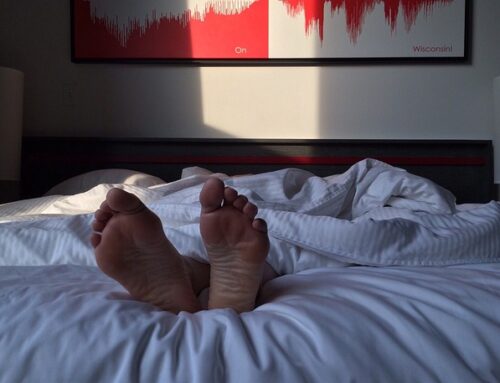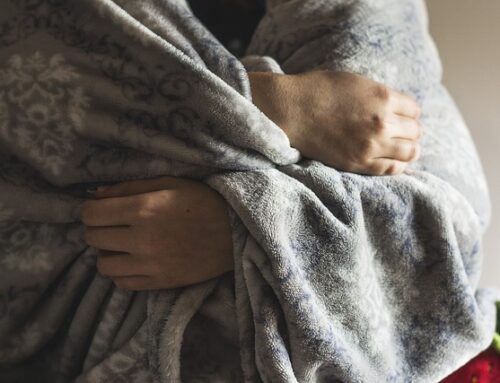Research has unveiled a noteworthy connection between sleep apnea and overactive bladder. While these are two seemingly distinct health issues, both conditions share a disruptive element: The necessity to awaken during the night to urinate, which interferes with the natural sleep cycle.
The connection
Sleep apnea, characterized by intermittent pauses in breathing during sleep, is often accompanied by snoring and gasping for air. It leads to reduced oxygen levels and poor sleep quality. A 2018 study demonstrated the link between sleep apnea and urologic dysfunctions commonly observed in overactive bladder cases.
Conversely, overactive bladder includes symptoms like nocturia, a condition marked by a sudden urge to urinate, causing frequent awakenings. This urgency disrupts sleep continuity, decreasing both its quality and duration. In fact, about 50% of individuals with obstructive sleep apnea experience nocturia due to altered hormone levels, leading to increased urine production during sleep.
While overactive bladder itself doesn’t directly cause sleep apnea, its impact on sleep can exacerbate existing sleep apnea symptoms. Frequent nocturnal awakenings create a cycle of sleep deprivation, worsening sleep apnea symptoms in affected individuals.
Addressing both conditions is crucial for enhancing overall health, well-being and sleep quality.






